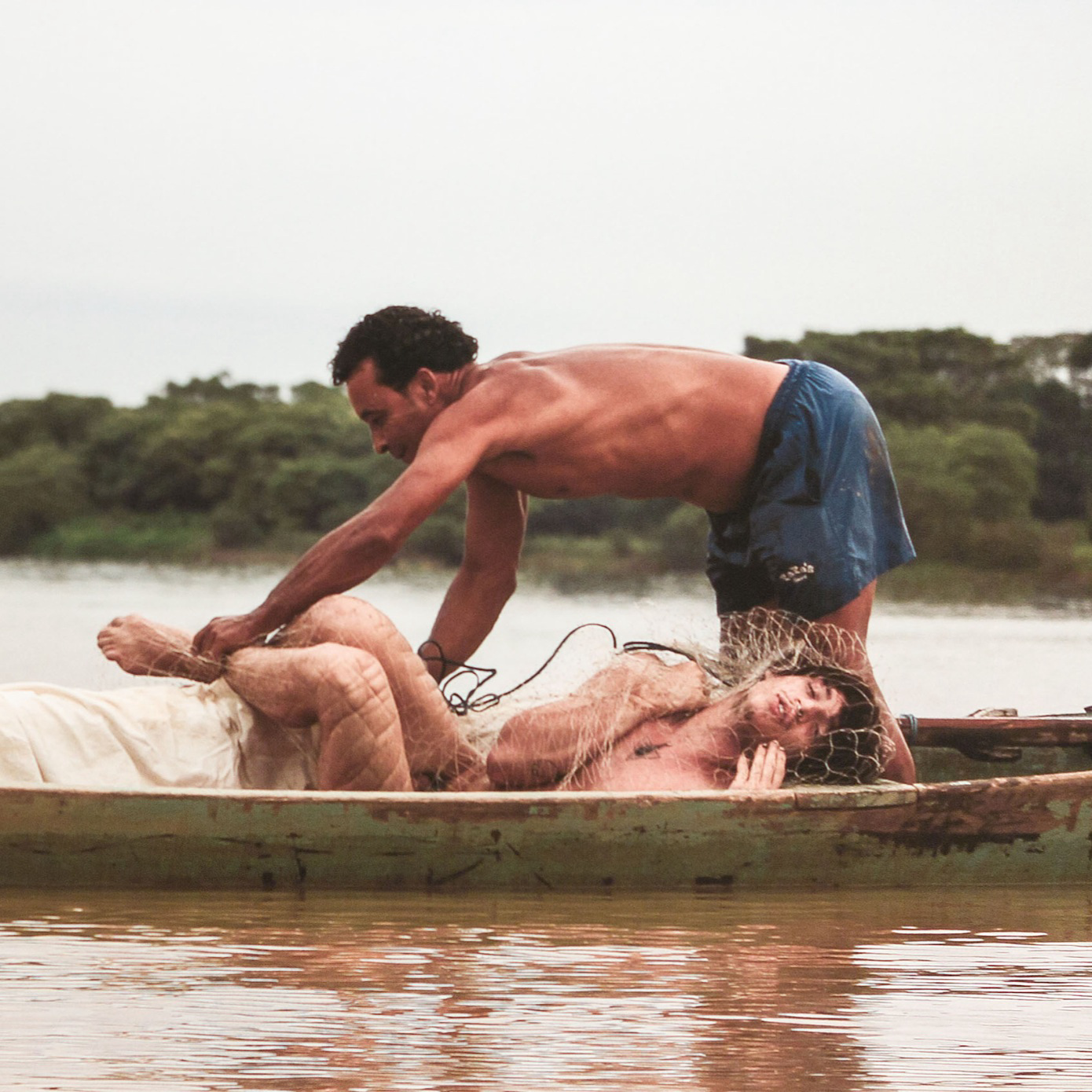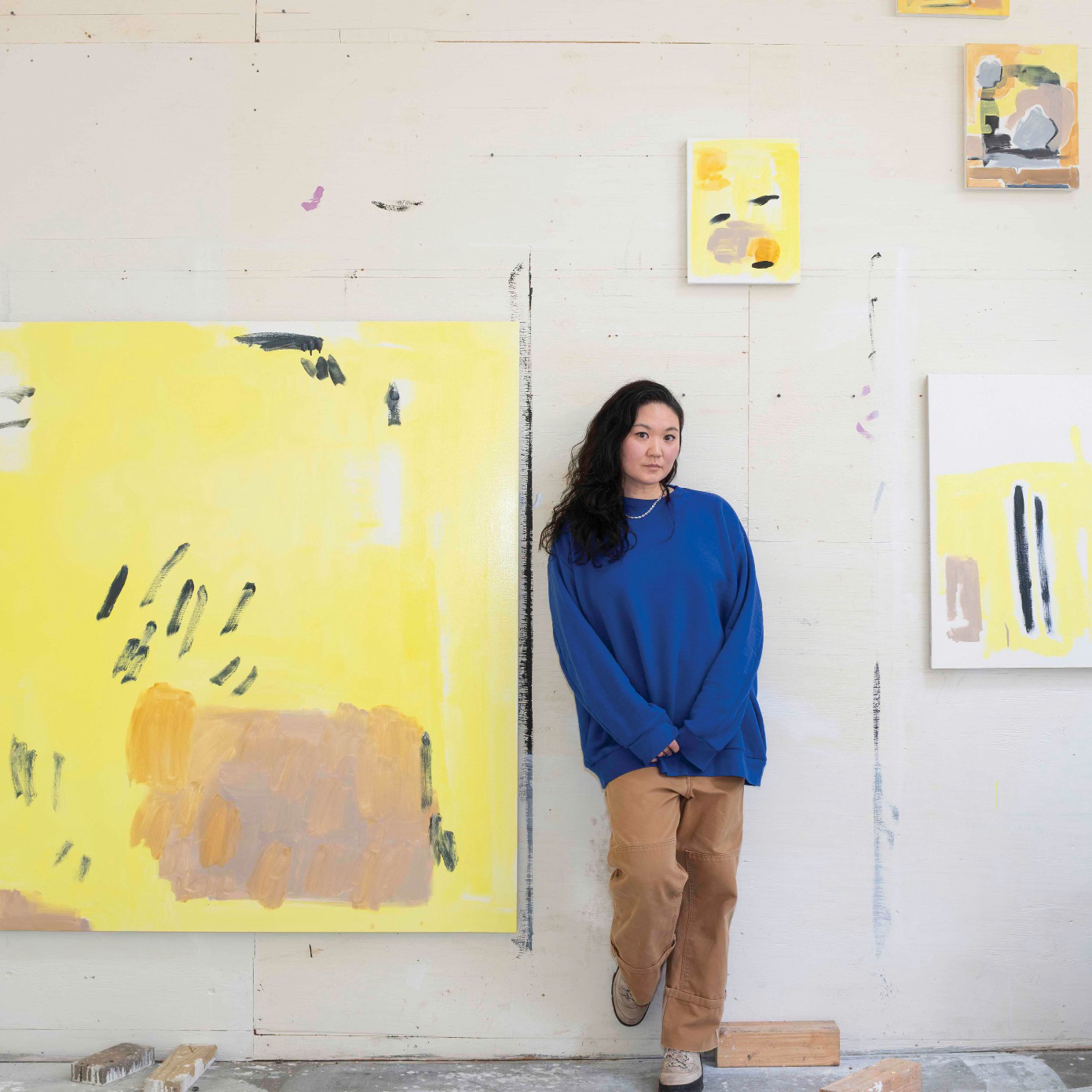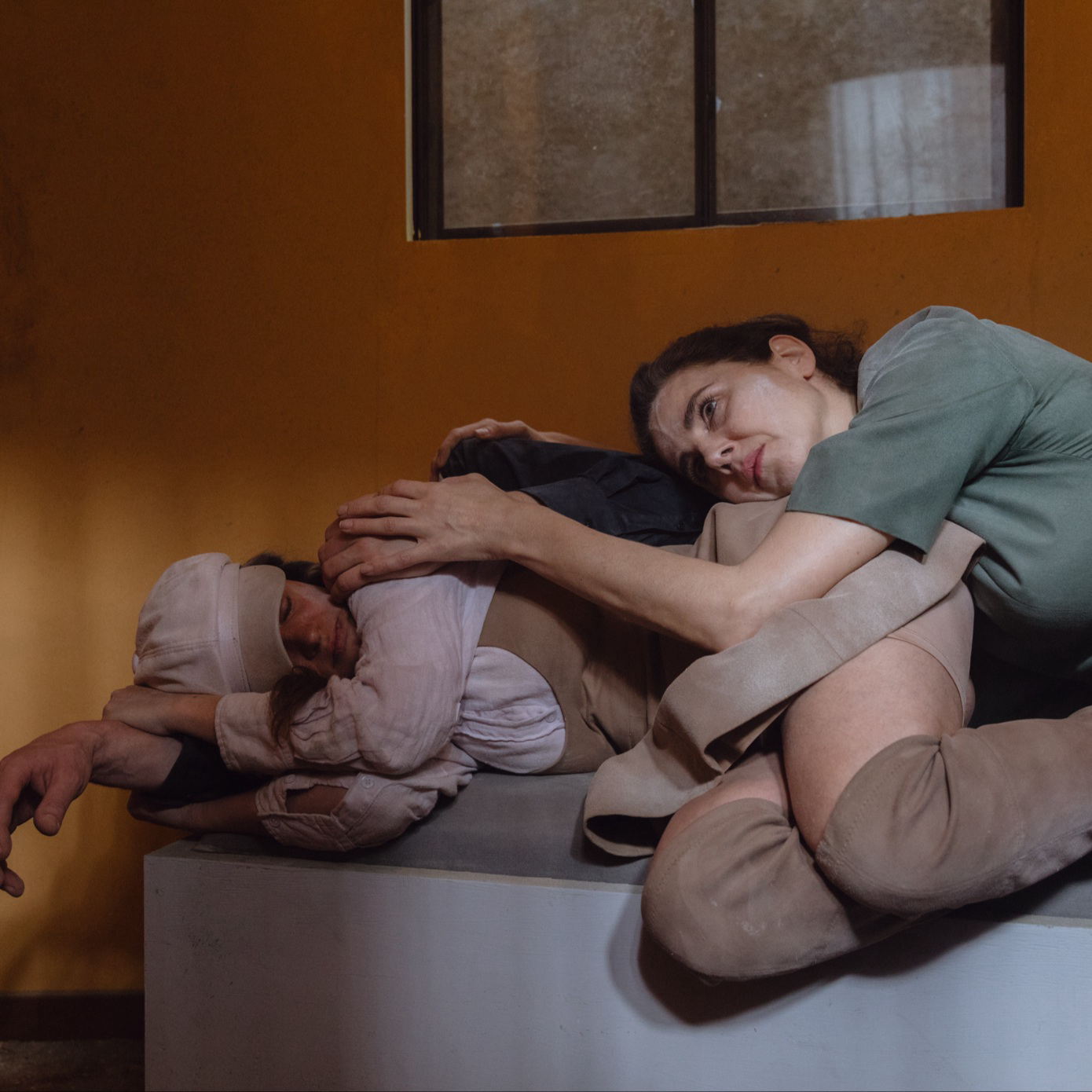
For all of the strides we’ve made giving everyone a soapbox to stand on through social media, Deana Haggag, the newly minted president and CEO of United States Artists—a grant-giving non-profit for the arts—notes that fewer people seem willing to listen. “Something about America feels so fractured today,” says Haggag. “We’re not doing a good enough job getting people in different sectors of the country to understand one another.”
However, she feels there may be something about creative expression that could change the game. Calling art “the second most intimate thing you can do with another person,” outside of actually being in a relationship with them, Haggag says that she has felt the perspective-shifting power of reading a book, hearing a song, encountering a painting or seeing a play firsthand.
“You can understand that you can never be that person, but maybe you can get a small glimpse of how they see the world. I can’t think of a single other field where that is even remotely possible,” she says. Early on in her life, James Baldwin and August Wilson swiftly destroyed the assumptions Haggag had about the class system. On top of these writers’ enlightening words, her work recently with USA grant recipient Teju Cole, whose novel “Open City” won the 2012 PEN Hemingway Award, has opened her eyes to the unfortunate intertwining of race and policy.
“I know without a shadow of a doubt that I would be a worse person if I didn’t have the kind of appetite for art that I do,” Haggag says. “And if I’m working off this premise, perhaps it holds true for everybody: art will make you a kinder, and a more discerning person.”
It’s not exactly a professional bias, though. A cluster of recent studies support her hypothesis—one published in 2014, in the Journal of Applied Social Psychology, even found that students who read Harry Potter books were more likely to express tolerance and compassion toward stigmatized people, including immigrants and members of the LGBT community, than those who didn’t.
The way Haggag tells it, seeing more art could save us. “What would it look like if we remember that art is a way to get proximate to people who are different from us?” she says. “Maybe we don’t need to be in these kinds of tense situations as much if we just remember that people come from different contexts.” Since taking the helm at USA, just as the National Endowment of the Arts goes on the chopping block, yet again, Haggag is zeroing in on efforts that support the breadth of the fine arts.
The organization is unique; each year it awards dozens of $50,000 fellowships to individual artists working in a remarkably broad spectrum of mediums. That said, she’s planning long-term goals to ensure that recipients, such as Moonlight director Barry Jenkins, get the help they need to not only fund new projects, but also pay for housing, support their families and plan for retirement. This way, Americans can see more work and, better yet, bring with them those who they don’t think will like it. “Perhaps that’s a way to continue—day by day, person by person—to open up a little,” she says.



